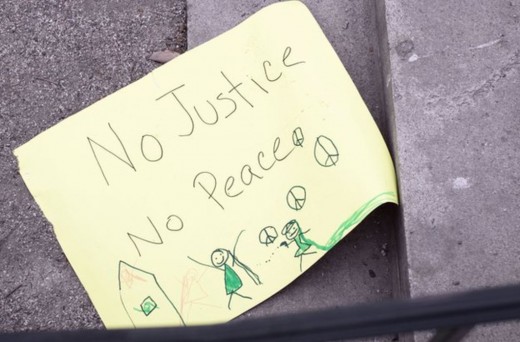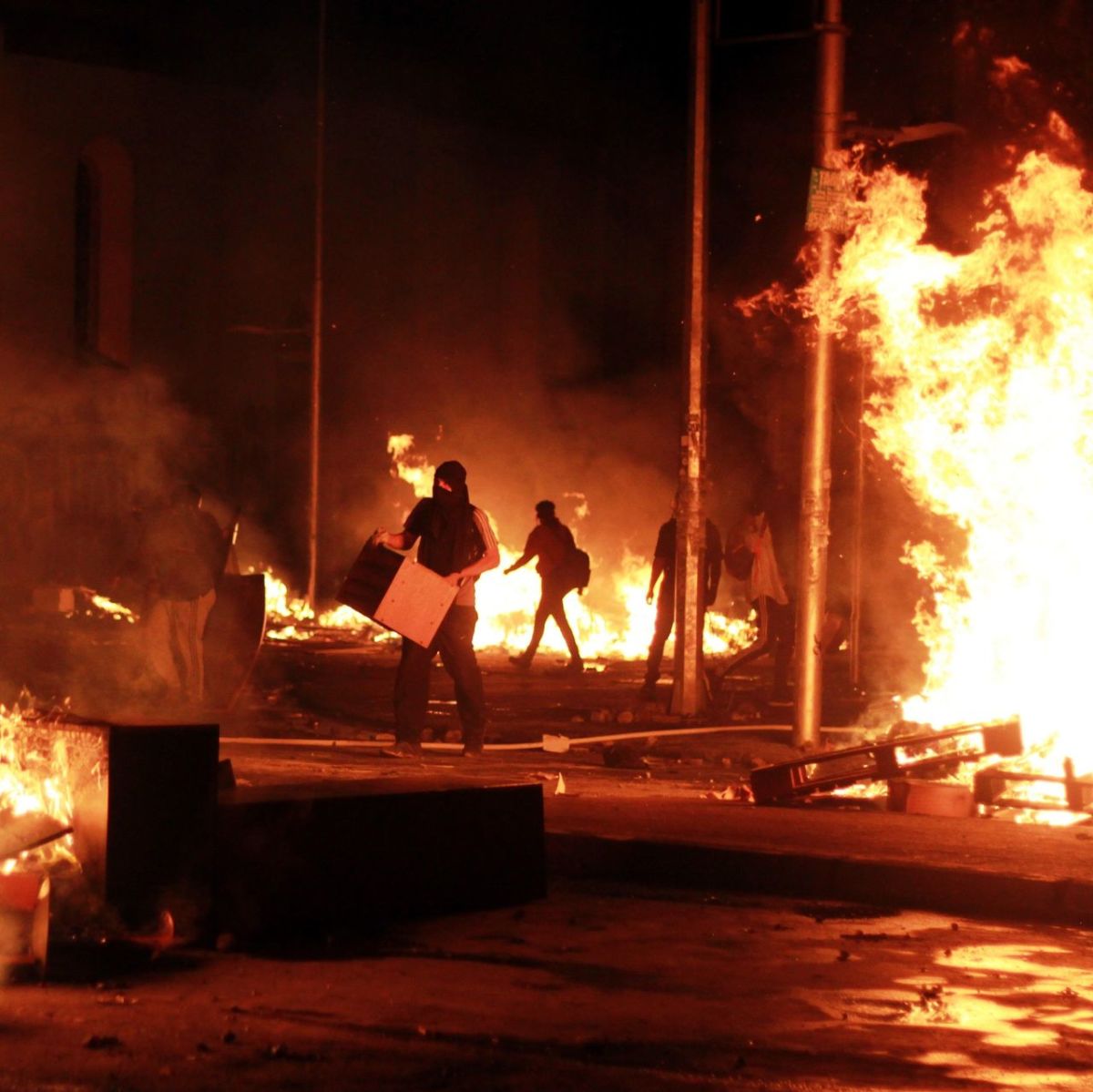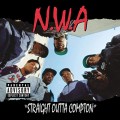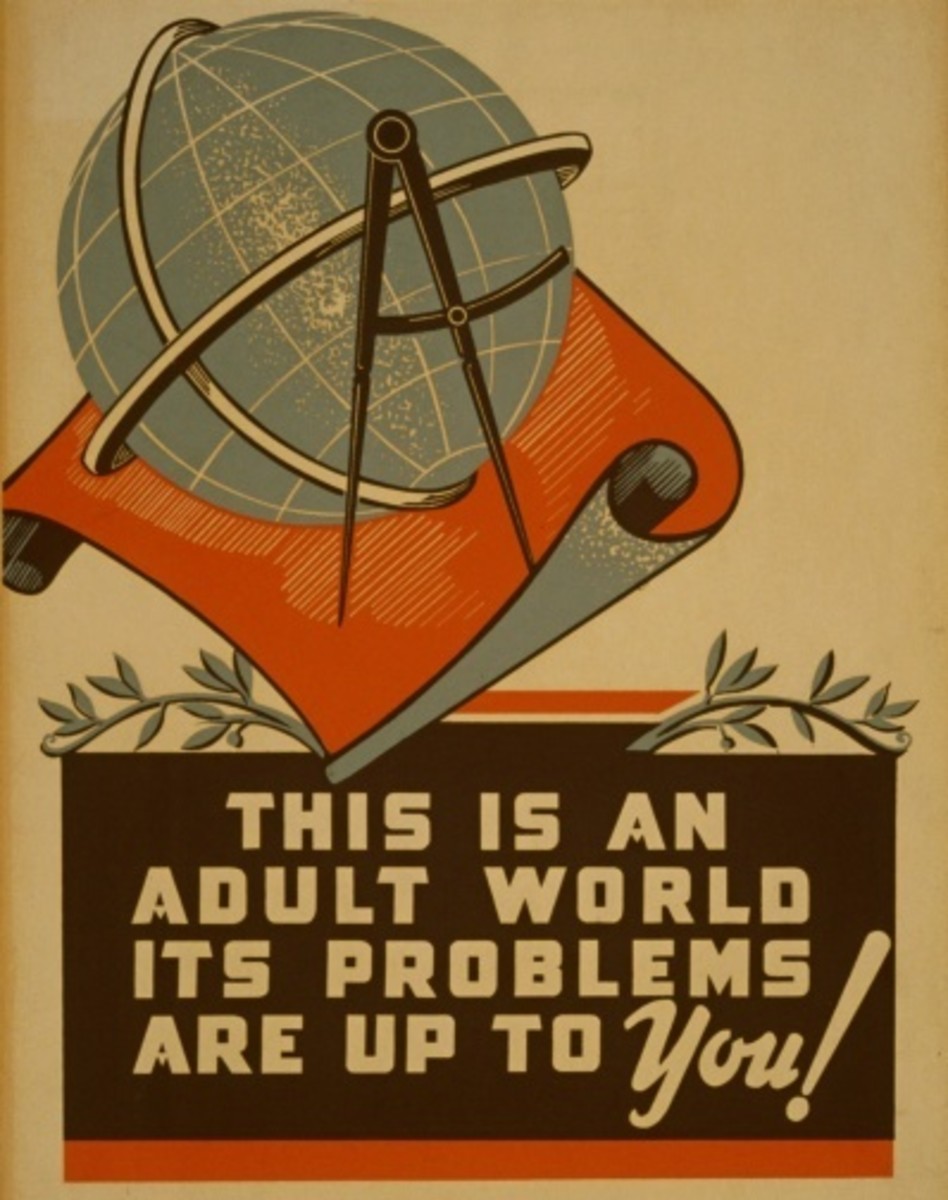The Nature of the Riot
Tales of a Protestor
The year was 1992, and I was just getting home from high school, where all anyone could talk about was the riots that erupted in Los Angeles, turning areas of the city into a war zone. It was caused by the acquittal of LA police officers who had been caught on video beating Rodney King. The school I went to had an increasingly diverse student population, so there were many opinions flying around as to what the hell happened and how morally right, or wrong, it was.
So when I arrived home and began to discuss the topic with my mother about how right it was to open into violent revolt, she chastised me immediately. She pointed out that the people in these communities were venting years of pent up frustration at a system that had not only continually let them down, but target them as well.
I remembered for long time the conviction which she spoke those words. It seemed like there was an in-between the lines message that she was speaking to me. That it was easy for me to criticize people for acting in a way that seemed vastly inappropriate and barbaric, when I had not experienced the things that caused them to feel that way to begin with.
Whether or not the subliminal message I felt was real or not, it was something I took to heart, and some years later, I was involved in a protest in Montreal involving the conflict between Gays and Lesbians, and a church denomination that was holding a conference there at the time. The energy there was very intense, with people dressed in way that was designed to provoke. As it wore on, it only became more intense and even the most docile protesters were getting caught up in the conflagration. By the end of the night, we had virtually besieged the hotel they were staying in and the police had to fence off the perimeter. All seemed fine until, from what I heard later, someone jumped on a police car and proceeded to trash it.
After that, everybody ran.
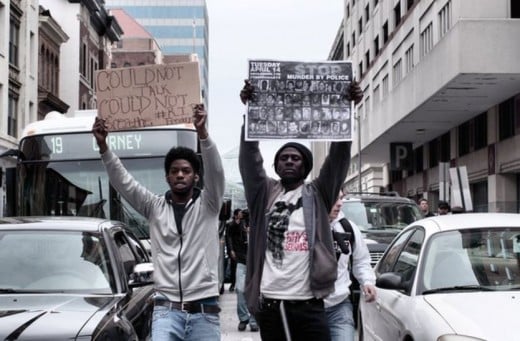
Rioters at the Gate
The recent riots in Baltimore caught many off guard. Freddie Grey, a Black man in custody, had died of injuries sustained to his spine on April 19th, sometime after he had been pursued by police. People of the local community protested because Grey had died while in custody and from physical injuries. That was enough to implicate police brutality, and it occurred on the heels of a rash of other deaths of Black men this year at the hands of police authorities.
Rioting and looting of homes often times seems common place and even expected during these events, akin to the chaos that followed the sacking of Rome. Public outcry against the injustice is near unanimous, but I have also heard many decry the rash of violence that followed. Afterall, what point was served in trashing your own neighborhood?
President Obama said in his response that the violence occurred because of,
“a handful of people taking advantage of a situation for their own purposes.”
And that no message was delivered though such criminal behavior. This seemed to sum up what many spectators felt.
I want to believe that. I in part do believe that. Social media is playing a crucial role in pointing out the lesser known events of that day, Black people within that community trying to prevent the violence and be responsible human beings.
Then my mother’s words and the events on Montreal spring to mind…

Is there any reason you might participate in a riot?
Riot Psychology
The logic of the futility of destroying one’s own neighborhood is very reasonable and correct, but when it comes to riots, it’s not about rational and logic. It’s about a pent emotions being pushed to its limit before erupting onto the social landscape around it. Trying to apply more constructive outlets for the releasing of this anger is noble, but intense, communal emotion like that doesn’t stop on a dime or because the President of the United States say it’s wrong.
BBC.com did an article comparing what happened in Baltimore, and in Fergurson last summer and interviewed some of those involved. One volatile response was this:
"I'm going to be violent. All of that peace, I'm done with peace. I tried to be peaceful. These are our streets not theirs. They're killing us,"
That is the kind of energy involved in protests and riots fueled by years of emotional distress. Human beings are not primarily logical; they are emotional.
Many people are already familiar with non-violence protests, and while many practice it, others feel too frustrated with it. It is considered ineffective and achieving nothing that it supposedly promises to achieve.
The ultimate role model of non-violent protest, Martin Luther King Jr, even encountered this while in debating the idea with some people in India. While King saw the benefits of the program in the nation’s independence, his opponents countered that non-violent protest only works when those in power have scruples to be shamed by. When it is clear they are being hypocrites to their ideals.
While I am not justifying destruction to try to get a point across, there is still a need to understand why these intense emotions exist, without just writing them off as “criminal” and “pointless”. If you were in that position and had years of frustration, could you control its outlet?
If so, for how long?

Bottom Feeders
The second aspect to the nature of rioting is that while its emotional cause should not be written off, it is also at times true that some people in the crowd are there for reasons having nothing to do with the cause. Or that the cause is fruitless to begin with. There was protest in my high school over the 1991 Gulf War. Many students felt the war was over oil and skipped classes and broke some local school rules to show their dissatisfaction. But there were others among them whom when spoken to away from the cameras and public eye, that blatantly said that it was an excuse to skip class.
But you wouldn’t have known that unless you spoke with them.
Trying to separate freeloaders from people legitimately feeling frustrated is hard, if not impossible to do. Before the crowd, everyone cries for “justice”, but then you have to find the people who are watching Game of Thrones on the TV they just stole. And again, it’s not about logic or morality. Just self-serving people, who in fact did take advantage of a legitimate situation and at worst, castrated the wider message that was trying to get across.
"In my day the principal concerns of university students were sex, smoking, dope, rioting, and learning. Learning was something you did only when the first three weren't available"- Bill Bryson
Finding the Fine Line
I am not really trying to provide answers here. Some riots do happen for no noble reason. The mechanisms involved in legitimate rioting and protest are intertwined and complex. Trying to pick the legitimate from the freeloader, and find a way to express suppressed emotion that does it justice while not destroying anything, can’t be solved in one blog. Perhaps not even several. However, one step towards that lofty goal maybe trying to look at those mechanisms, before drawing automatic conclusions about its morality.
